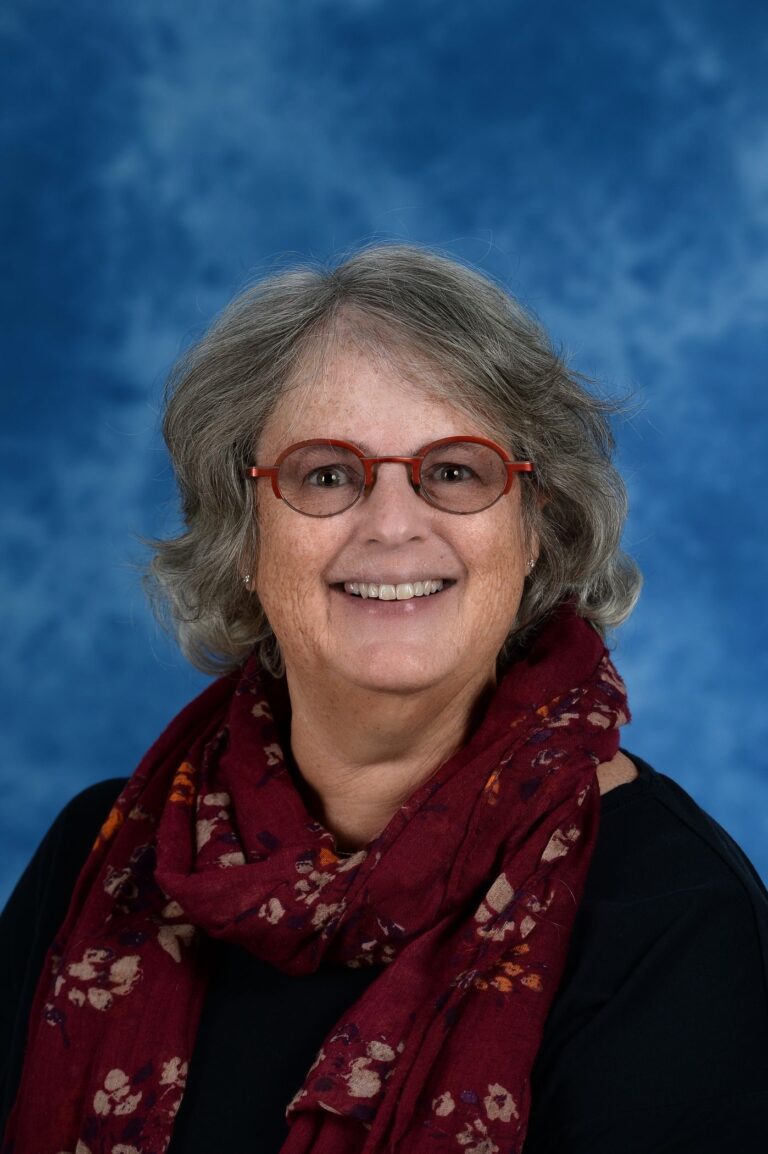When it comes to acing scholarship interviews, Kate Ross knows her stuff. A university admissions counsellor at Bermuda High School (BHS), she’s been involved in the education industry for over 40 years, and working specifically with graduating students since 2001.
“Students in Bermuda are very fortunate,” said Mrs Ross. “We are a small population and there are so many businesses and individuals who give generously to support our student community. There are a variety of scholarships available as well as opportunities to apply for financial support and assistance.”
Mrs Ross works with students as they get closer to graduation, to help them excel during the university and scholarship application process. Part of that process involves learning to do well in an interview setting—a skill that will no doubt come in handy throughout a student’s life, whether applying for scholarships, internships or jobs in the future. But, before sitting down to that interview, there’s a lot of preparation that should take place beforehand so that students feel confident and focused during what can often be a nerve-wracking process.
The first piece of advice Mrs Ross and her colleagues offer students is to take themselves seriously. That means ensuring their social media accounts are appropriate. “Make sure what you post is professional, not risqué,” she said. “How you present yourself publicly has to show that you take pride in yourself, because if you don’t take yourself seriously you can’t expect someone else to.” She also advised everyone to have a sensible, not silly, email address. “You have to show your best self.”
Students are encouraged to keep their resumé up to date. That way students have it ready to go when it’s needed. Many schools have resumé experts come in to help students write effective, professional resumés and to ensure that students are branding themselves appropriately. “Students who have had the opportunity to work with a resumé expert say it’s very insightful,” said Mrs Ross. Take advantage of it when these sessions are planned at your school.
Networking opportunities are also important. Mrs Ross said there are several fairs throughout the year that provide students with the chance to meet people and to learn to introduce themselves and make an impression. There’s the Bermuda College fair and the Bermuda Foundation for Insurance Studies (BFIS) speed networking luncheons, which connect students with seasoned professionals in the industry, to name just two opportunities. “Learning to network and present yourself in a positive light can be really helpful,” she said. “If you end up applying for an internship or scholarship, they might already know you. It can make all the difference if people have met you already and know you’d fit in well at their school or company.”
A good way to practice socialising in a professional environment can happen naturally at school. Greet visitors when they come to speak at your school. Ask questions at assemblies or in class, and use presentations as chances to overcome nerves. “Many schools already give students opportunities to speak out. Even assemblies are becoming more student led,” she said. “These are great ways to practise meeting people, and asking and answering questions.”
Signing up for practice interviews is also highly recommended. Many schools, particularly Ivy League institutions, require interviews. They may be held face-to-face or virtually, but practising in advance will help prepare students for either. “We do practice interviews ahead of time and often with an alum who’s been through it,” said Mrs Ross. They know what questions are likely to be asked and can give advice as to the best way to answer them. They can help students ensure their answers are polished, that they have thoughtful questions to ask at the end of the interview and that their body language matches the impression students want to give. Practising in advance can help students feel relaxed and confident when the interview finally arrives.
She also suggested students do some reading in advance. There is some excellent advice on the scholarship website BermudaScholarships.com. Scroll through the site for information and tips on what to expect during an interview.
For students applying for a named scholarship, Mrs Ross has a special tip: “Make sure you know about the person after whom the scholarship is named,” she said. “Find out about the history of the scholarship and why it was set it up. Think about why you would be a good person to meet the goals of that scholarship and the ideals of what they’re looking for.”
Finally, she tells students not to give up. “There are lots of scholarships for Bermudians. If you don’t get something, keep looking. Apply for everything you can.”
With all the opportunities available to support Bermudian students, and students so well prepared to succeed, something is sure to pan out.

